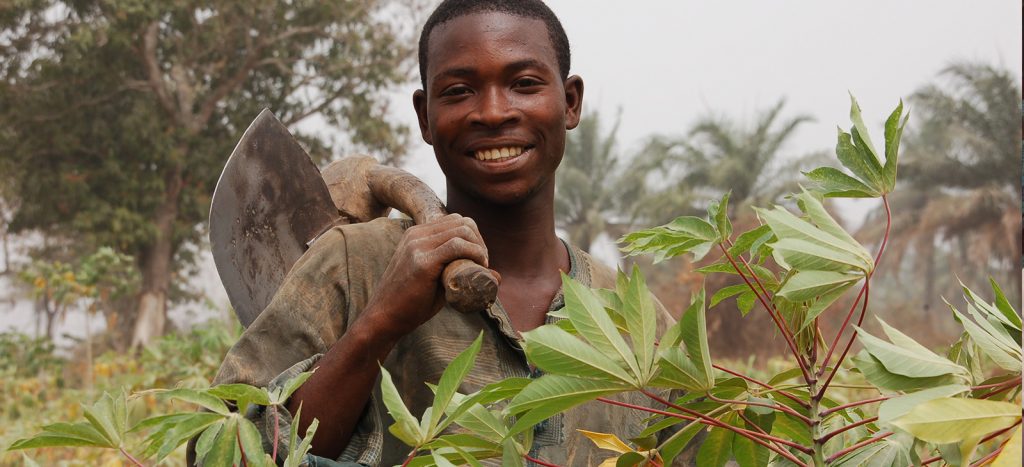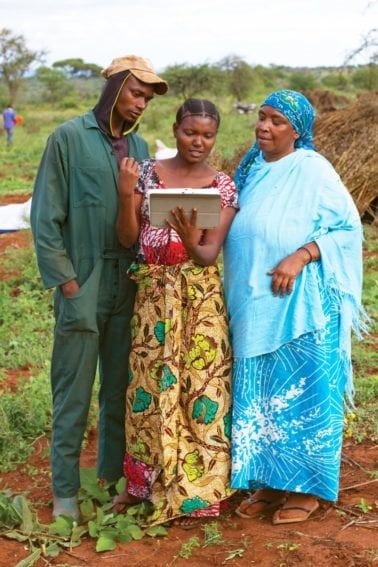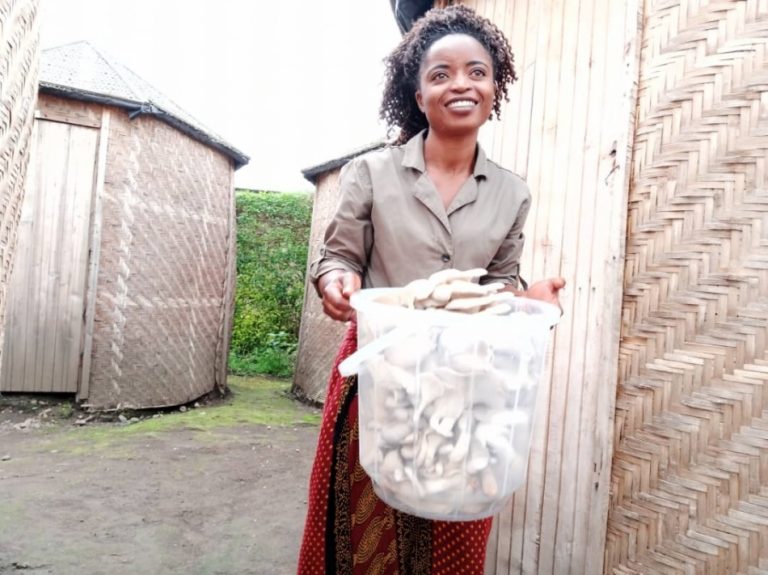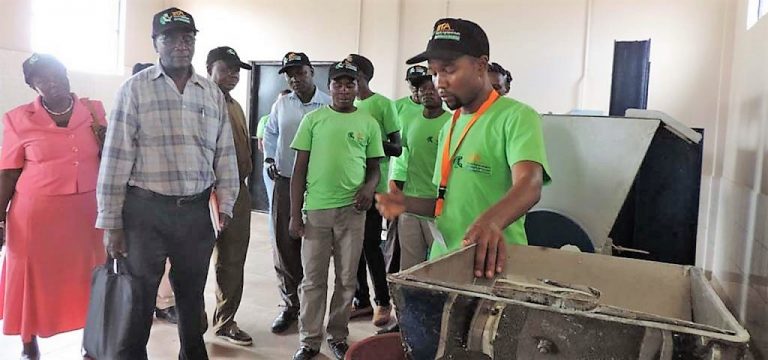According to research, migration for employment is a key feature of youth mobility in certain parts of Africa, as individuals migrate primarily to improve their social status and learn new skills and trades. Internal migration – both rural to urban and rural to rural, of youth is also increasing due to lack of employment opportunities, and as a consequence of environmental and climate changes, demographic pressure, and political crises.
“With the world experiencing a high rate of migration in human history it is dominated by rural-urban migration arising from various developments, particularly among the youths,” reveals Emmanuel Tolani, an IITA–CARE awardee, carrying out research on welfare effects on migrants’ originating households in Malawi.
According to the study, developing countries constitute a large proportion of people living in rural areas in the world, and these countries are experiencing increased urban population growth rate. While most households in developing countries depend on farming as their main source of livelihood with family labour as the main labour source, migration of family members from rural to urban areas might have implications on the household members left behind.
‘Migration is common in most sub-Saharan African countries, and Malawi is not exceptional. In Malawi, migration dates back to the 1960s after attaining independence. People have been moving from rural to urban areas within the country looking for better living conditions – to earn income to supplement what they get from agricultural production. This is predominant among the youth,” states Tolani.
Despite government interventions to address migration challenges in Malawi, there is yet a dearth of information on the determinants of rural-urban youth migration, and how the developments of rural-urban youth migration affects the welfare of originating households in Malawi. Looking at the determinants of rural-urban youth migration, and the impact on the welfare of originating households, with the aim of influencing policies, Tolani developed scientifically based evidence during a study funded by IFAD.
The research carried out under the IITA-CARE project, found that rural households faced with agricultural shocks have higher chances of sending their youth household members to urban areas. ‘These shocks include floods, droughts, prolonged dry spells, pests and diseases,” says Tolani.
Rural households depend much on agriculture as their main source of livelihood. These agricultural shocks lead to low levels of production and as such household members, including the youth, migrate to urban areas to look for other means of livelihood.
The study says that migration of family members from rural to urban areas often have implications on the household left behind, in areas such as labour loss for agricultural production as households with urban youth migrants were producing less amount of maize per hectare, compared to their non-urban youth migrant counterparts.
Despite efforts to make remittance available for family members left behind in rural areas, it is often not enough to compensate for productive family labour lost due to their migration. As part of policy interventions, the study is making recommendations for the government in Malawi to explore more and better employment opportunities such as revising the minimum wage rate that will enable youths improve their living standards and be able to remit enough to their household members in rural areas.
The IITA-CARE project is building the capacity of young researchers across 10 countries in Africa to generate, and disseminate evidence-based results to inform future action plans related to youth participation in the rural sector, for policymakers.











